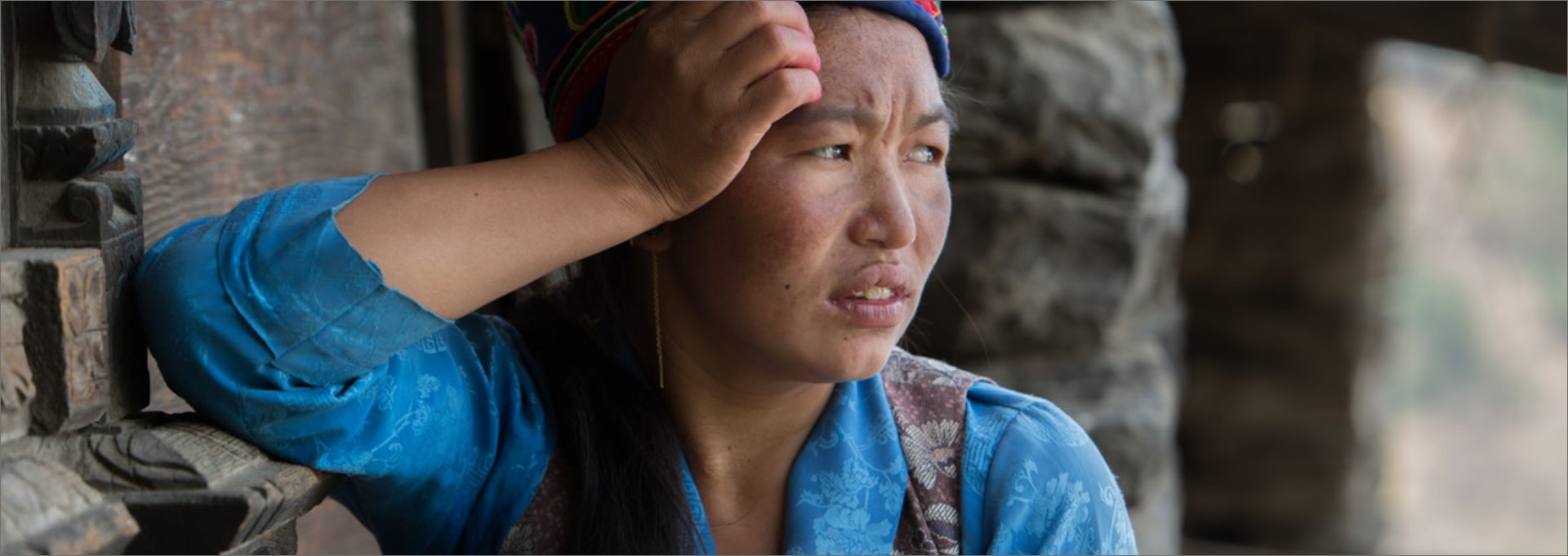

| 31 March 2016
Planned Parenthood Association of Sierra Leone
The Planned Parenthood Association of Sierra Leone (PPASL), established in 1959, works on a range of serious sexual and reproductive health (SRH) issues to improve people's health and quality of life. A key focus is to improve access to maternal health care, to reduce the risk of maternal and infant death. PPASL accesses the community through 5 service points, 12 workplace outreach projects, and 3 youth centres, via a 40-strong permanent staff team, backed by nearly 300 volunteers, 9 community-based distributors (CBDs) and a Youth Action Movement membership of 150. There is a 90% prevalence of female genital mutilation (FGM) in the country, and finding ways to handle the attendant psychological and physical trauma is one of the organization’s major challenges. Much of PPASL’s work is directed towards behaviour change communication (BCC) among community leaders, police and army personnel and Muslim and Christian groups. Safe motherhood, family planning, and the sensitisation of young people to SRH concerns are also central to the direct services which PPASL provides. The Member Association works in partnership with government health and development ministries and the Sierra Leone Armed Forces Hospitals. Non-governmental organization (NGO) partners include the Reproductive Health Service, CHASL, MSSL, National AIDS Secretariat/SHARP and the Marie Stopes Society. PPASL receives financial support from UNFPA, UNICEF, UNAIDS, the Global Fund for HIV/AIDS, Plan International, MOHS & RH UNIT, Marie Stopes Society, SL Red Cross Society and Action Aid.
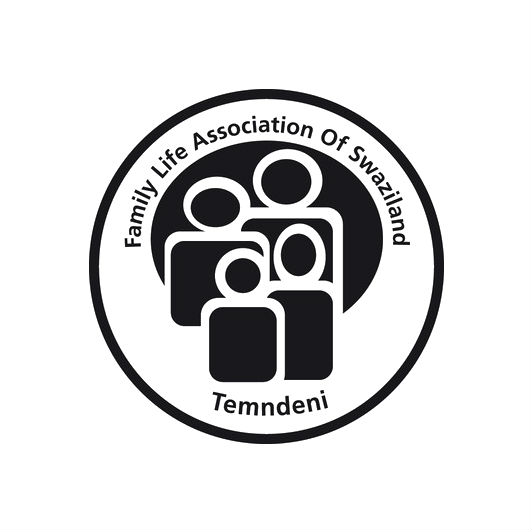
| 31 March 2016
Family Life Association of Eswatini (formerly Swaziland)
For over 30 years, the Family Life Association of Eswatini (FLAE) has provided sexual and reproductive health (SRH) services to the people of Eswatini (formally Swaziland). While family planning, antenatal, post-natal and post-abortion care form a key part of FLAE’s services, there’s a significant focus on HIV and AIDS programmes. Swaziland has some of the highest HIV and AIDS prevalence rates in the world. As a result, the prevention and management of HIV and AIDS, the provision of voluntary counselling and testing (VCT), and the prevention of mother to child transmission (PMTCT) are central to FLAE’s work. FLAE has 15 service points, including 4 permanent clinics and 12 mobile facilities, staffed by a permanent team of 40 backed by 230 volunteers, 180 Youth Action Movement members and 29 peer educators. Young people are a particular target for HIV and SRH sensitization. One of FLAE’s youth centres has its own radio studio, where young people make their own programmes concerning SRH issues. These are then played during FLAE’s roadshows and by major radio stations for nationwide broadcast. This is one strand in an innovative approach to communication. FLAE peer educators also provide training to the country’s Business Coalition Against AIDS. Health, youth, education, women’s and regional development ministries are key partners for FLAE, and it has links with a large number of non-governmental organizations, including the Swaziland National Youth Council, Swaziland Health and Population Education, Population Services International, the Swaziland National AIDS Programme and PACT. Private sector partnerships include the Business Coalition Against HIV/AIDS and SWANNEPHA (a national network of organizations for people living with HIV and AIDS). FLAE is a member of the SRH Steering committee, the Gender Consortium and the Male Circumcision Task Force.
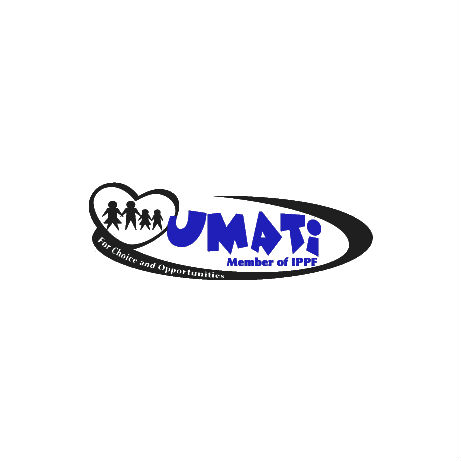
| 31 March 2016
Uzazi na Malezi Bora Tanzania
Chama cha Uzazi na Malezi Bora Tanzania (UMATI) is an autonomous, non-political national NGO providing Sexual and Reproductive Health and Rights (SRHR) information, education, and services in Tanzania. It was established in 1959 and became a full IPPF Member Association in 1973. Since then, it has developed a comprehensive range of sexual and reproductive health (SRH) services for Tanzanian young people. UMATI invests in the provision of gender responsiveness SRH services youth and women empowerment, and evidence-based advocacy through result-based projects implemented in 20 regions in Tanzania Mainland, and Zanzibar. UMATI recognizes that AGYW and ABYM experience different health needs and risks especially those related to HIV, STIs, and sexual gender-based violence. UMATI’s SRH programmes are developed based on the unmet need and government priorities and its SRH and FP service delivery has always been targeting the hard-to-reach communities, socially excluded and under-served people especially women, girls, and young people, and the key population. UMATI empowers adolescents and young people (10-24) to realize and demand their SRHR for effective utilization of the services. The Association, through the Comprehensive Sexuality Education (CSE) approach, reaches young people with knowledge, skills, and Social Behaviour Change Communication (SBCC) messages to freely access services at UMATI clinics, youth centers, and selected government facilities. Different approaches are used to reach adolescents and youth such as peer education sessions, IEC/BCC Materials, debate, health talk/dialogues, folk media, social media, radio, TV, e-sessions, community forum/dialogues, community meetings, and SRH service outreaches. UMATI collaborates with the Ministry of Health and Local Government Authorities to provide SRH services through 943 service points which include its own 5 permanent clinics and seven youth centers and support 391 community-based distributors/community-based services (CBDs/CBSs). UMATI’s SRH programmes are effectively maintained and delivered by 76 committed staff, 340 peer educators and a youth action movement membership of 400 activists. UMATI receives funding support for its programmes from donors and partners such as Youth Incentives, Pathfinder International, PLAN International, UKAIDS, She Decides, UNICEF, UNFPA, Bills & Melinda Gates Foundation, Health Action International, SIMAVI, BERGSTROM Foundation, ZENSHO, and ActionAid Tanzania.
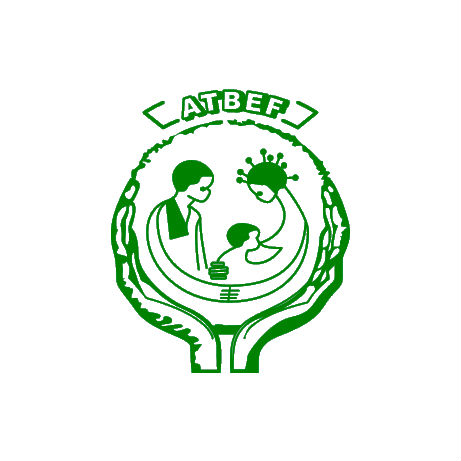
| 31 March 2016
Association Togolaise pour le Bien-Etre Familial
The Association Togolaise pour le Bien-Etre Familial (ATBEF) was formed in 1975. ATBEF’s services include voluntary counselling and testing (VCT) for HIV and AIDS, antenatal and post-natal care, post-abortion care, pre-marital counselling, and infertility treatment. ATBEF carries out its work through over one hundred service points, including permanent clinics, mobile units, associated centres, and community-based distributors/community-based services (CBDs/CBSs). The majority of all clients are poor, marginalized, socially excluded and/or under-served. Special emphasis is placed on reaching internally displaced persons, sex workers, street children and drug users. ATBEF works closely with government ministries dedicated to contraceptive commodity supply, to the reduction of maternal and neonatal mortality, and to HIV testing. In its advocacy role, the Member Association was central to the legislature’s adoption of more favourable abortion laws. ATBEF works with non-governmental organizations (NGOs) including FORUMSIDA and FONGTO, and its donors include Plan Togo, the PMLS, UNICEF and the Global Fund. It has established and maintains strong links with organizations working in related SRH fields both nationally and across the Africa region.
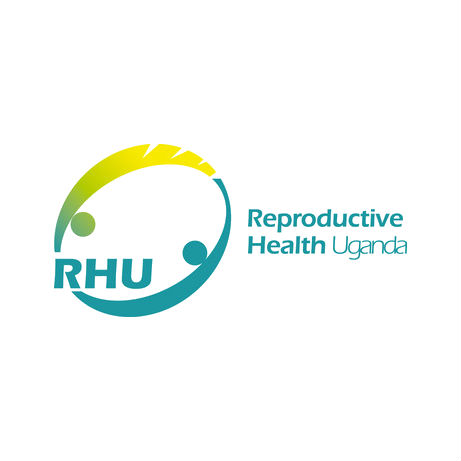
| 31 March 2016
Reproductive Health Uganda
Reproductive Health Uganda (RHU) is an indigenous, voluntary, not-for-profit organisation. The association has long-standing experience and expertise providing integrated comprehensive SRHR information and services which include sexuality education, family planning (FP), HIV prevention, care and treatment, breast and cervical cancer screening, sexually transmitted infections (STIs) management, immunisation, etc. RHU is proud to be associated with pioneering family planning in Uganda. For more than 60 years RHU has been involved in SRHR service provision and advocacy programmes that have defined the SRHR landscape in the country. Annually RHU provides more than seven (7) million life-saving, affordable, accessible and quality SRHR information and services to the most vulnerable and underserved communities including young people, refugees, and those in hard to reach areas totalling more than 1.2 million people. RHU implements several programmes in humanitarian settings in up to ten (10) refugee settlements. This is possible through the 19 RHU owned clinics with youth centres, located in the different regions of the country on top of having a franchise clinics totally 60. And a large service delivery network of about 25 outreach teams and over 6,000 community resource persons, conducting over 1,000 outreaches annually. Our Vision: A Uganda where everyone’s SRHR are fulfilled and protected without discrimination Our Mission: To champion, provide and enable universal access to rights based SRHR information and services to vulnerable and underserved communities especially young people Our Values: Voluntarism; Rights Based, Integrity, Choice and Result Oriented RHU is held in high repute among partners. RHIU has previously chaired of the Uganda Family Planning Consortium - a platform that brings together more than 15 major family planning partners. We are the current deputy chair of the Coalition to End Maternal Mortality Due to Unsafe Abortion, we sit on many working groups in the ministries of health, gender and education. We lead a number of platforms that bring together different SRHR partners implementing specific advocacy interventions.
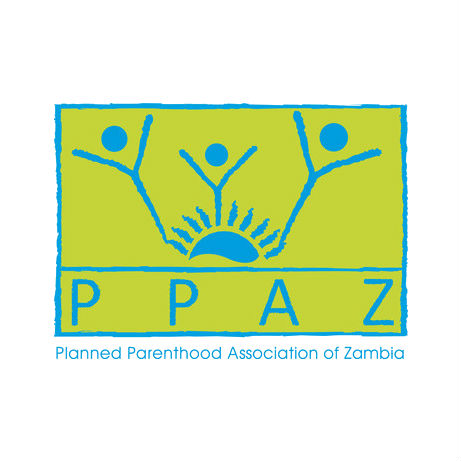
| 31 March 2016
Planned Parenthood Association of Zambia
The Planned Parenthood Association of Zambia (PPAZ) was created in 1972. Then, it was dedicated to the promotion of family planning services. Over the years, it has evolved into a major service provider and advocacy body, with significant input into government policy on sexual and reproductive health (SRH) issues. Services offered include family planning, voluntary counselling and testing (VCT) for HIV, the treatment of sexually transmitted infections (STIs), antenatal and post-natal care, emergency contraceptive provision, laboratory tests, and screening. PPAZ refers clients on for additional services including prevention of mother-to-child transmission (PMTCT), antiretroviral treatment and home-based care. The organization operates 3 static clinics, 11 mobile units and 10 community-based services (CBSs). It has a full-time staff of 34, backed by 1,300 volunteers which include over 200 community-based distributors (CBDs) and 398 peer educators. In total, PPAZ runs 229 service points. PPAZ places a strong emphasis on HIV and AIDS prevention and treatment: as the statistics show, HIV prevalence rates are exceptionally high in Zambia. PPAZ has worked intensively on integrating gender and empowerment perspectives into HIV prevention. It has undertaken behaviour change communication projects directed at young people, both in and out of school settings, and it’s taken similar projects out to rural communities. PPAZ partners extensively with non-governmental organizations (NGOs), particularly those involved in youth and HIV and AIDS work. It receives financial support from Care international, UNICEF, the Japanese Organisation for Cooperation in Family Planning (JOICEP), Forum RFSU and IPPF’s Japan Trust Fund.







